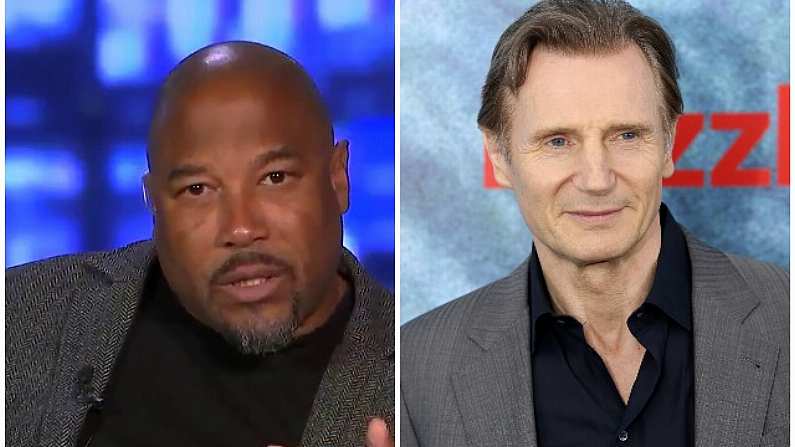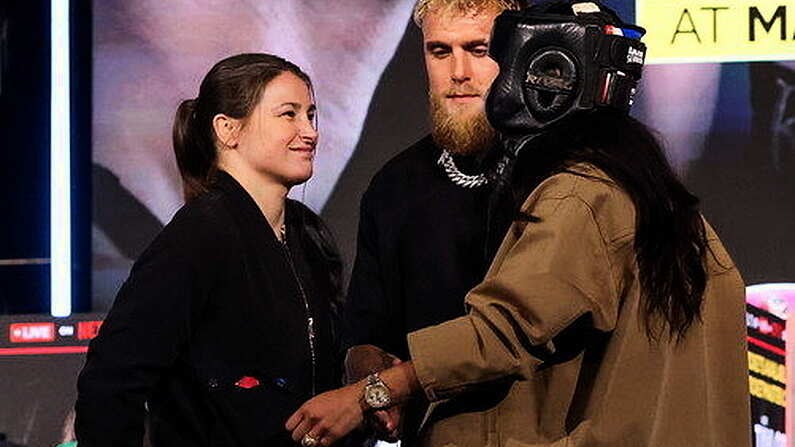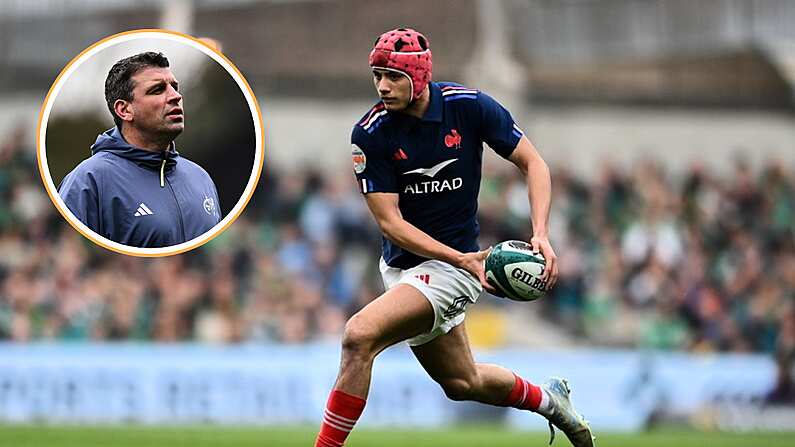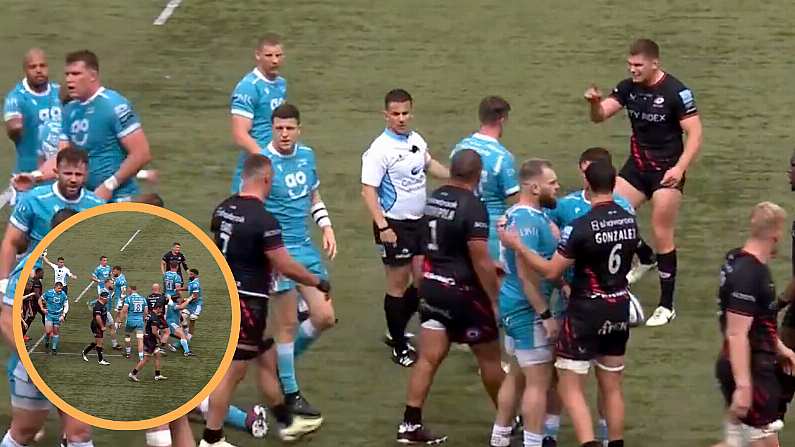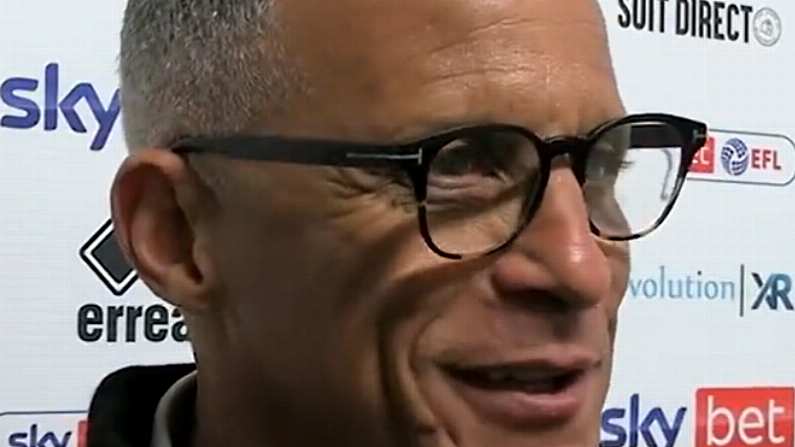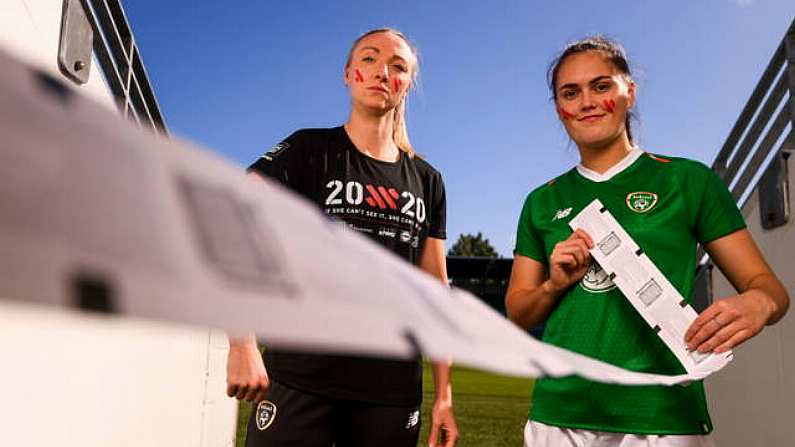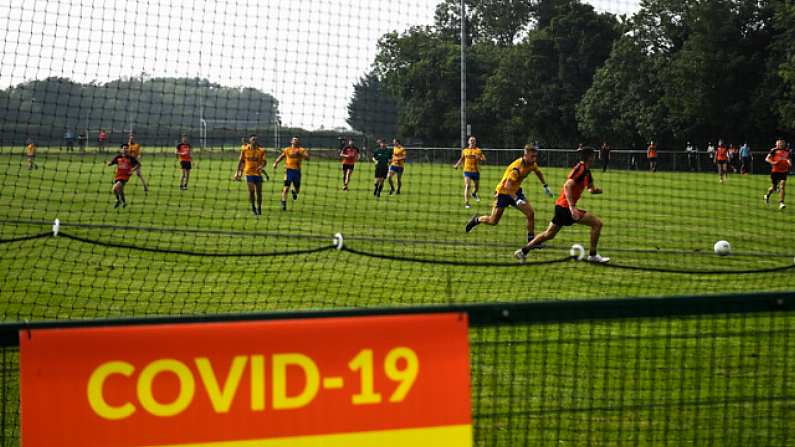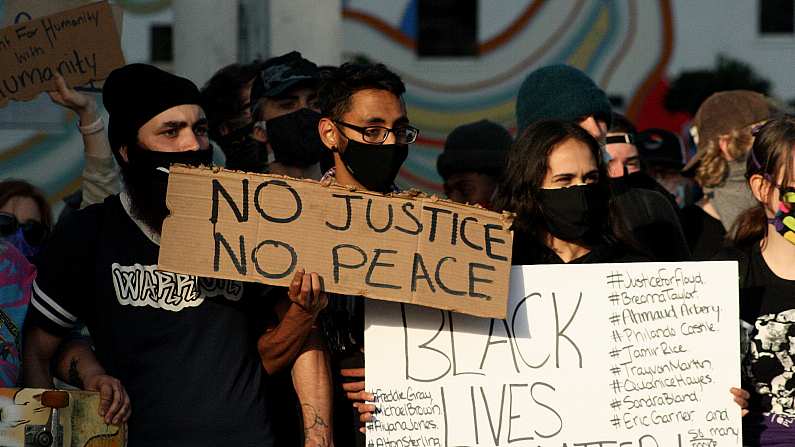John Barnes has defended Liam Neeson after the actor admitted in an interview that he once had violent thoughts about killing whom he described as a "black bastard".
In an interview with the London Independent promoting his latest film, Neeson explained how destructive, in his experience, the need for revenge can be. He told of a friend who had been raped by a person whom she said had been black.
Neeson said that he had subsequently felt ashamed after he had walked up and down streets, carrying a weapon.
"I did it for maybe a week, hoping some [Neeson gestures air quotes with his fingers] ‘black bastard’ would come out of a pub and have a go at me about something, you know? So that I could kill him," said Neeson.
Speaking to Sky News, Barnes said:
Liam Neeson deserves a medal and I'll tell you why.
I've listened to the whole transcript. Liam Neeson was talking about his film and he was talking about how revenge doesn't do anyone any good. He mentions how growing up in Northern Ireland, he understands how destructive that can be.
He went on to tell a story about how a friend of his had been raped. If you listen to everything that he's talking about, he's talking about in the moment.
You can't blame Liam Neeson for thinking what he feels because this is what society has wrongly shown him: that this is what black people do, what Muslims do. [This is] what the media have wrongly portrayed to him. In that moment, he said that for a week he was going around looking to kill a black person or a "black [bastard]" and he did that in quotation marks.
What he actually went on to say was that he was ashamed and horrified by the way he felt. He's not ashamed and horrified about wanting to commit the act of revenge, he's ashamed and horrified because that is what he thought about all black people. After a week, he realised that he was wrong. That is what he said, 'I am ashamed and horrified about what I felt.'
Depending on how you want to spin this story, now it's about how he was going to kill a black person. That is not what I got from that. It's been spun, it's been spun.
"He was ashamed of the way he felt," continued Barnes.
"You cannot blame him for thinking that because as I said earlier with Raheem Sterling talking about the influence the media has, you cannot blame people for thinking [negatively about] Muslims because of Muslim grooming gangs, Jamaican Yardie gangs. He's admitting that is the way he viewed it.
"For this one black person who raped this woman, he then looked at it from the perspective of all black people are rapists. What he's actually saying is, 'This is what I thought, this is what I saw and I am ashamed and horrified and after a week, I said to myself, 'What am I doing?'' That is the reality behind it.
"As much as people are now jumping on this bandwagon of how terrible it is, what he's done is he's come out and he's told the truth."
"Let's take down that statue that of Winston Churchill who is a white supremacist and a mass murderer," added Barnes.
"He was as white supremacist who spoke about the superiority of the Aryan race.
"Is Liam Neeson any different? He held not only the view of his age but the age that is actually happening now. What's the difference? How is Winston Churchill a hero when he spoke about gassing the lesser races? Liam Neeson comes out and admits that what he did was wrong when Winston Churchill would never admit that he was wrong.
"Liam Neeson, someone who admits that after a week-and-a-half after thinking what he thought that he was wrong - which is fine as far as I'm concerned - we're now pillorying him."
When suggested that Neeson may have made the admission to gain publicity for his film, Barnes dismissed the notion as nonsense.
"People are talking about Liam Neeson never working again. You think he's done this because he wants to promote a film? Absolutely not. We're now talking about Liam Neeson never working again and boycotting his films and you think he did this on purpose?"
You can watch Barnes speaking to Sky News below.


